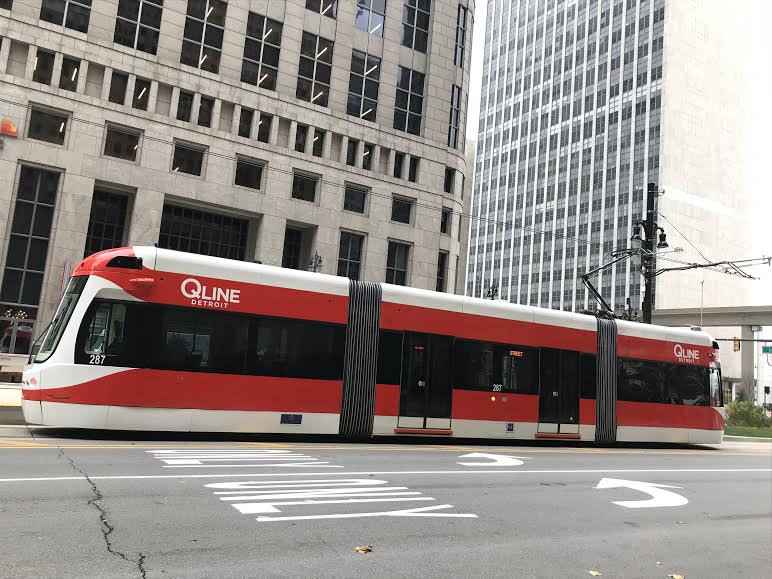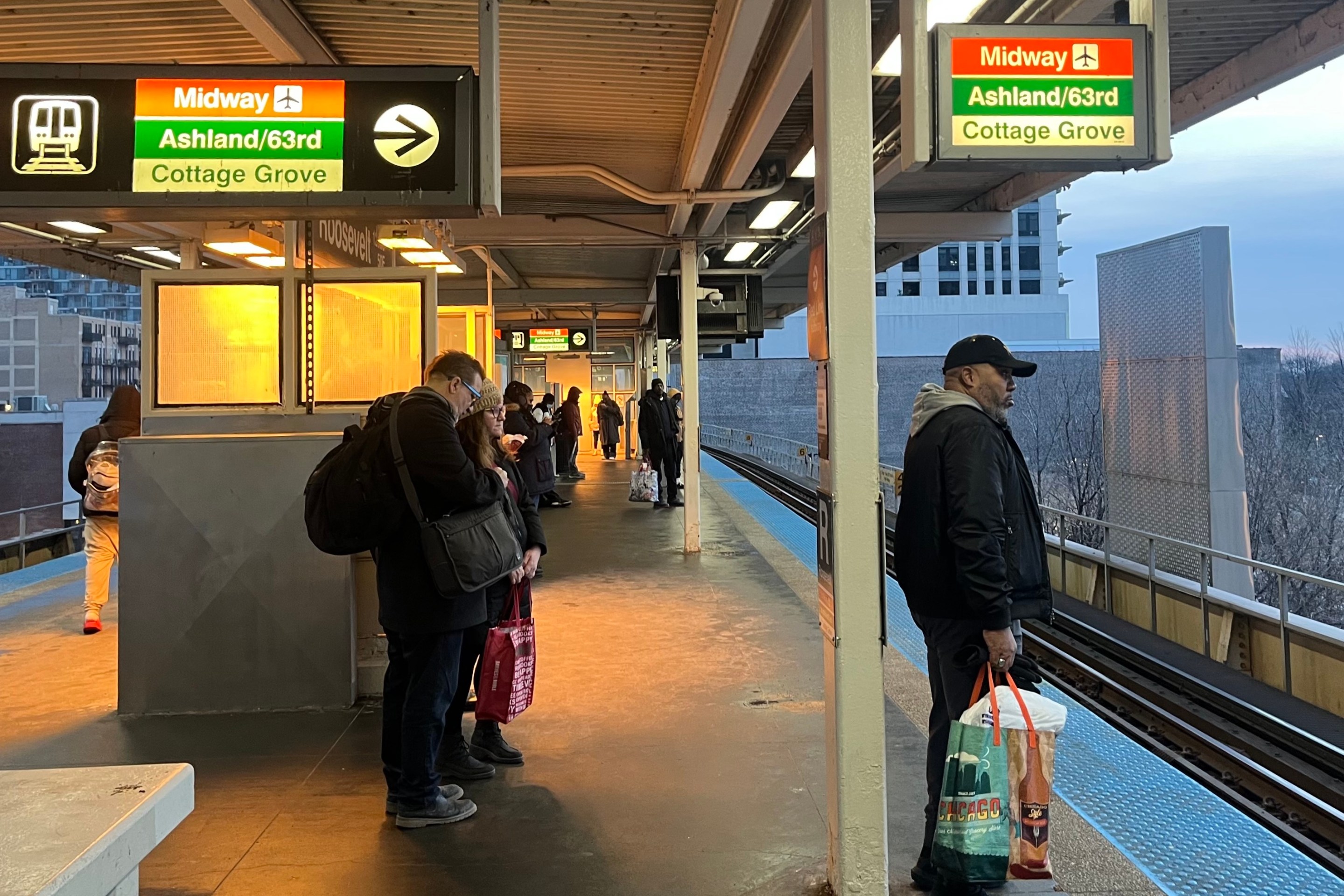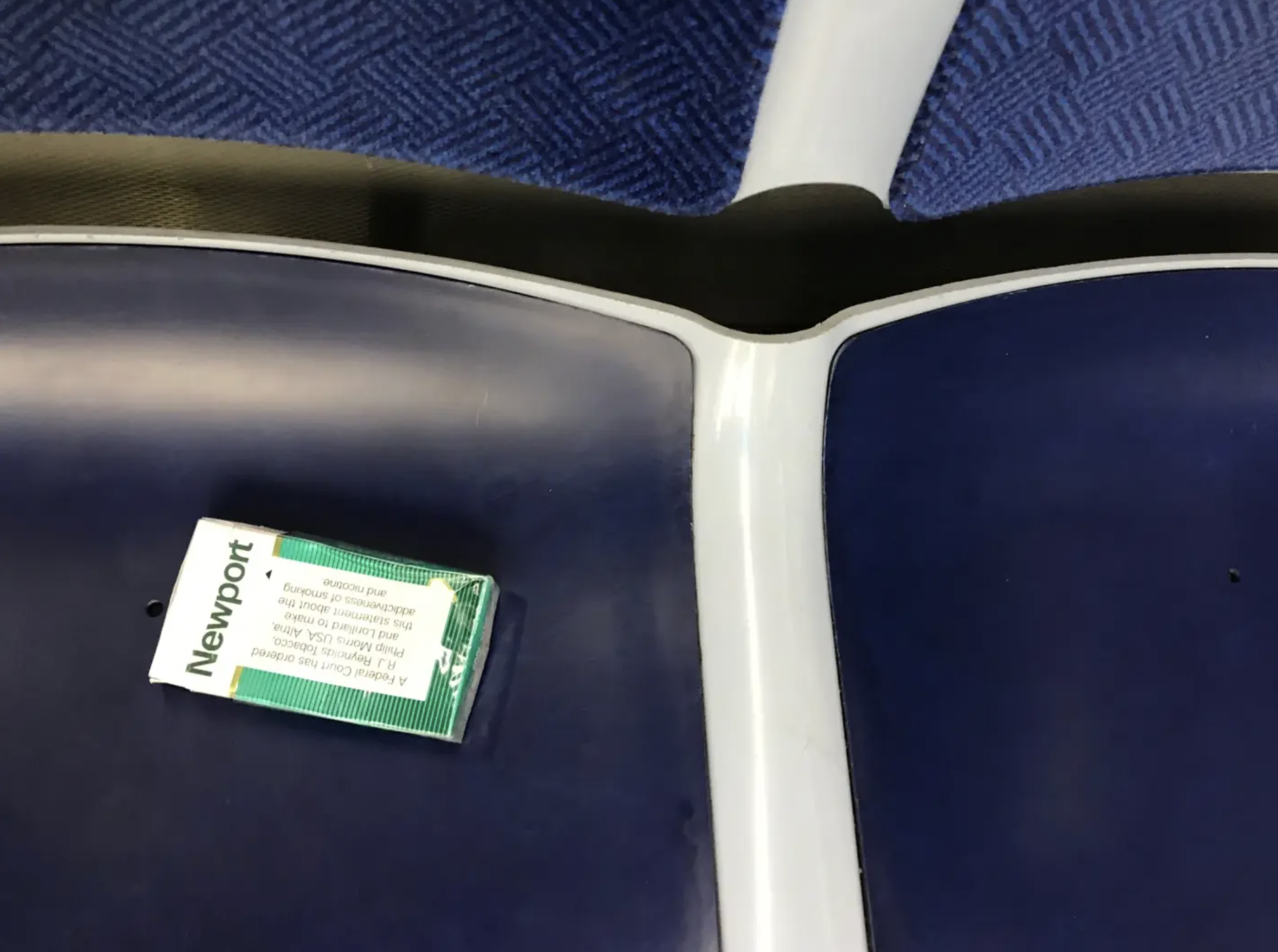This past week was the third annual The Untokening convening, a gathering meant to center the lived experiences of marginalized identities and communities while exploring mobility justice and equity. Last year, I attended the one in Los Angeles and it was one of the first times I had been in a space to explore transportation justice with a group of folks who were mostly people of color, which was particularly impactful for me. It allowed me to further consider who is prioritized in conversations about transportation, and how that influences the conclusions that are reached.
When I heard that The Untokening was happening in Detroit this year, I thought it made a lot of sense to hold this unique gathering in a city with so much history around transportation and as a significant place for black history in America. What could we learn about mobility justice from a place called “The Motor City?” Driving around Detroit, you see the legacy of the automobile industry, since highway construction hollowed out the entire city, making it a particularly unfriendly place for pedestrians and transit riders. You also see the legacy of segregation, disinvestment, and the housing crisis. As I thought about that history and its continuing legacy, I was compelled to consider how sustainable transportation could play a role in helping Detroiters rebuild their city in a just and equitable manner.
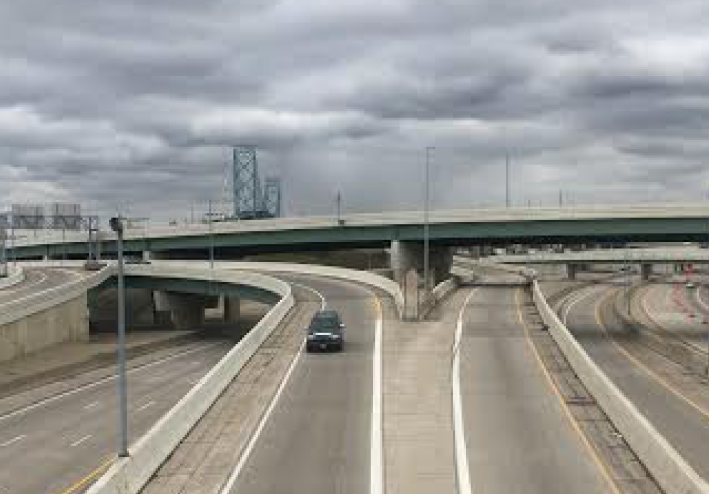
Because these issues are so obvious in Detroit, holding The Untokening there underscored the need to think about transportation equity in terms of all the other social justice struggles that intersect with it. You don’t have to know the history of the city to realize that something has gone wrong when majority-Black neighborhoods are dotted with abandoned homes, while the downtown experiences massive redevelopment. One major player in redevelopment is billionaire Dan Gilbert, who was a key backer of the QLine streetcar, a project that prioritized the interests and preferences of the well-connected over the needs of everyday residents.
Throughout The Untokening, we heard Detroiters speak about their transit system but, importantly, they didn’t just talk about the bus. They highlighted the fact that Detroit is a majority-black city (82 percent African-American according to the 2010 Census) with a legacy of racism that permeates it to this day. This candor was important because to have an honest conversation about equity in Detroit or anywhere else, we have to be very honest about the historical legacies of our cities and the continuing racial dynamics that impact people's lives.
In Detroit, you can’t remove a conversation about transportation from the fact that it’s a majority-Black city. This point came up throughout the weekend. One panelist spoke about the continuing stigma of not having a car and the perception of the buses as being “where scary Black people are,” as she put it. Some of the points were difficult to hear, as they reveal a painful reality, but they were a crucial part of allowing Detroiters to share their experiences and perceptions of transit and how to move it forward. They are the only ones who can legitimately frame their experiences on the bus.
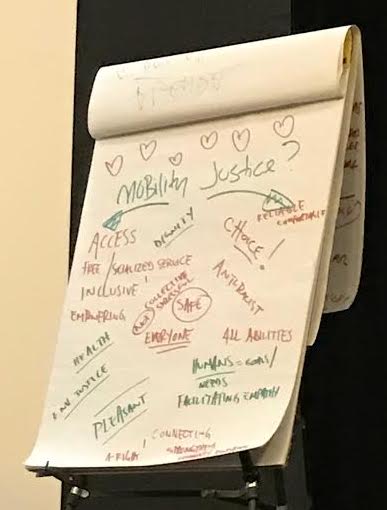
One speaker talked about loving the bus system in Detroit, but noted that the network is sorely underfunded. She alluded to the uncaring attitude of city officials, but noted that as parts of Detroit experiences redevelopment and attracts new people, there could be more interest in properly funding transit. To me, this raised the question of why it often takes an influx of new people, predominately white and wealthier, before long-underserved communities see investment. And how do we make sure that improved transit access in Detroit and other places benefits longtime residents, rather than largely serving the interests of newcomers and more privileged people? It’s an important question to consider, because in many cities, including Chicago, transit-oriented development has become associated with gentrification and displacement.
Despite acknowledging the shortfalls of their public transit system, Detroiters at different Untokening sessions also voiced their appreciation for it. “I love our bus system. It’s so well designed. It’s just not funded well,” one woman said. Another dismissed the QLine streetcar as being useless to regular Detroiters, but said the bus system “has a strong design.”
I thought it was interesting to hear people talk about the many downsides of Detroit transit, while also acknowledging its value. I think that's where the real potential for transit equity lies. There are people that rely on public transportation, who appreciate it despite its shortcomings.
All of them spoke from their experiences riding the bus, and I think that’s the key takeaway. How do we center the lived experiences of people who actually rely on public transportation in the planning process to create a more equitable transit future? Listening to the stories of regular people navigating their city is one way to start to figure that out.
![]()
Did you appreciate this post? Consider making a donation through our PublicGood site.
